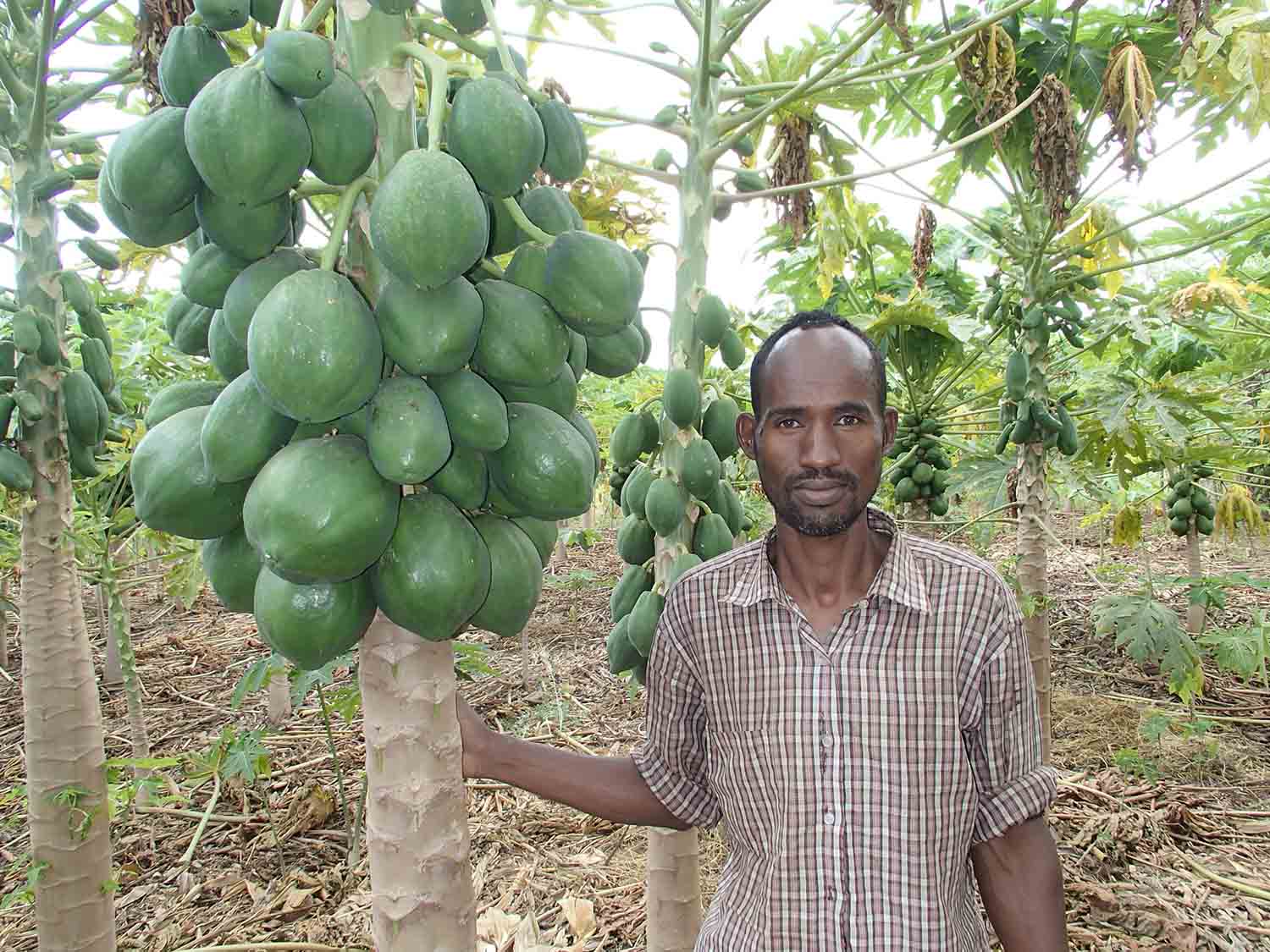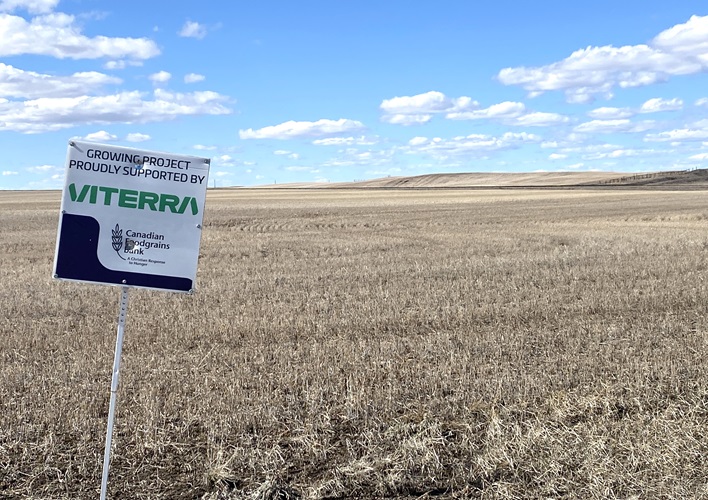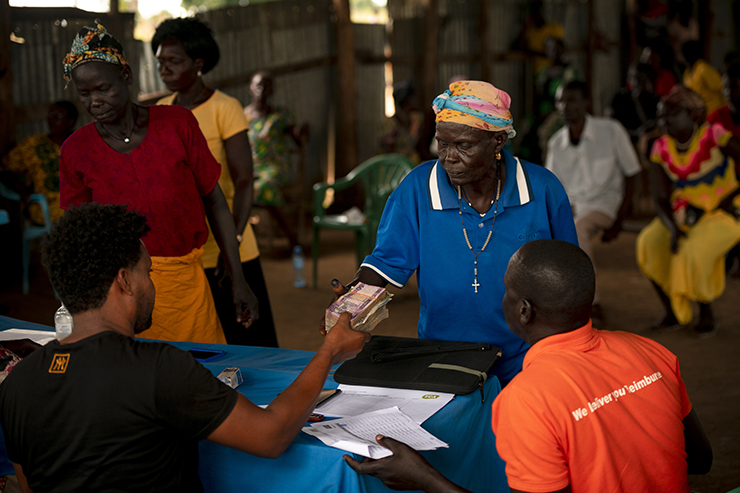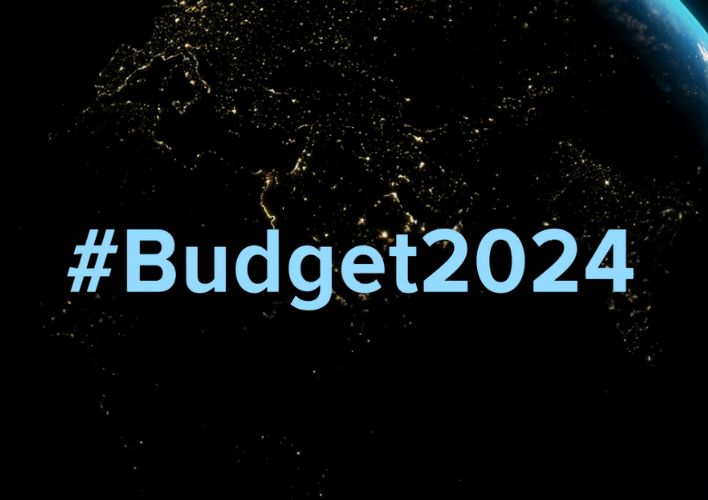The Development Fund, a Norwegian NGO, is providing C$4.25 million to Canadian Foodgrains Bank for a three-year project in Ethiopia to continue offering small-scale farmers the opportunity to transition to utilizing conservation agriculture methods in their work.
Norad – the Norwegian Agency for Development Cooperation, a directorate under the Norwegian Ministry of Foreign Affairs, is providing the funding to The Development Fund (DF) for this program.
This project continues the success of the Foodgrains Bank’s five year Scaling Up Conservation Agriculture (SUCA) in East Africa program, which saw more than 30,000 farmers trained in conservation agricultural methods in Ethiopia resulting in 98 percent of participating famers gaining an acceptable level of food security. With the increase of food security among many of the participating SUCA farmers, members of Norad recognized the program’s success in gaining engagement with Ethiopian farmers and wanted to support the expansion of conservation agriculture in Ethiopia.
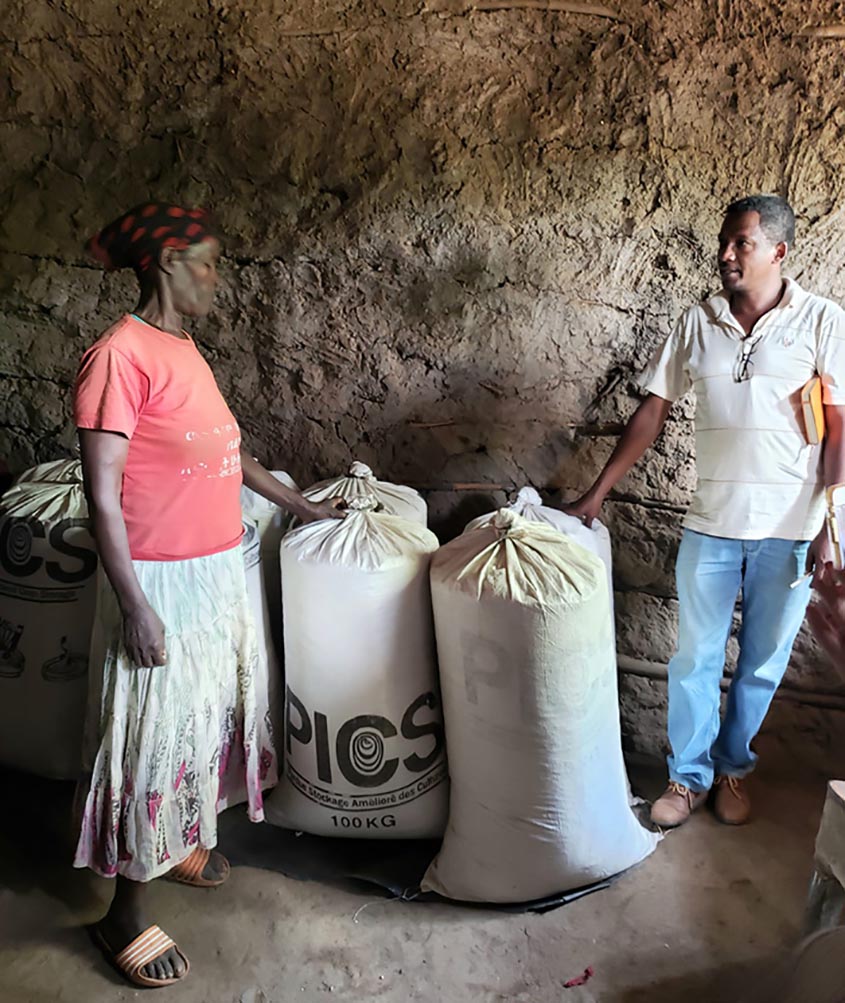
A farmer participating in the conservation agriculture program talks about the grain stored in her PICS bags. Photo: Terepeza Development Association
Due to soil degradation, droughts and flash floods in Ethiopia, people who grow food on small plots of land are at greater risk of facing hunger as they are unable to grow enough food to feed their families throughout the year.
Conservation agriculture provides methods of using minimal tillage, crop diversification and mulching which helps improve the health of the soil. This helps make these small farms more resistant to the degrading effects of a changing climate.
Ulf Flink, The Development Fund’s country director for Ethiopia and Somalia, says the Foodgrains Bank’s work complements their commitment to improving the lives and livelihoods of rural communities across Ethiopia, particularly in the areas of climate smart agriculture and food security.
“We’re excited to enter into a partnership with Canadian Foodgrains Bank and its members and partners in Ethiopia because it relates to scaling up of conservation agriculture practices and knowledge,” explains Flink. “This is important in Ethiopia and it is also encouraging that this work is firmly aligned with key government strategic priorities – a prerequisite for ensuring sustainable interventions in the field.”
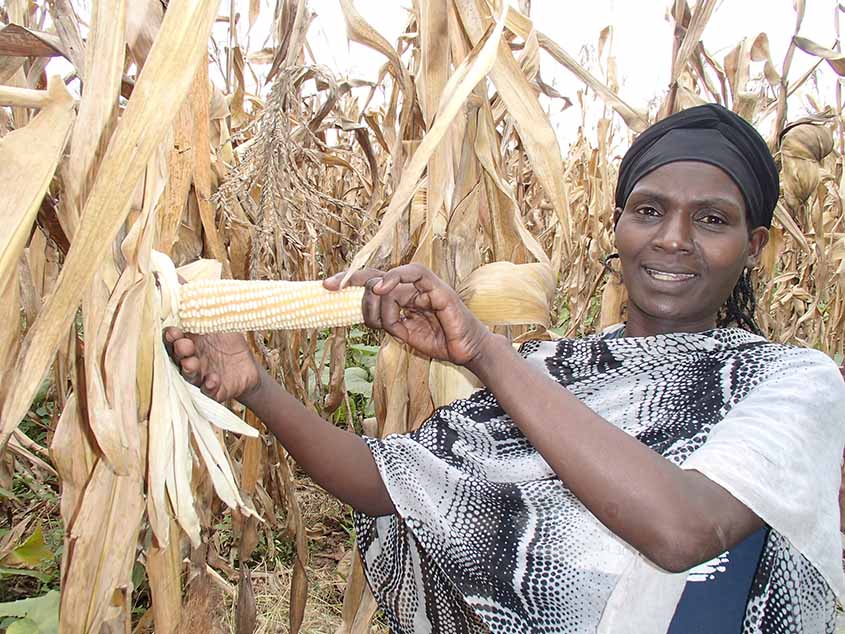
Conservation agriculture participant Asther proudly shows the corn she grew. Photo: Terepeza Development Association
The SUCA program was funded in part by the Government of Canada, along with Canadian Foodgrains Bank supporters. This new program will be implemented by the same Foodgrains Bank members. Tearfund Canada, their partner Terepeza Development Association and member Mennonite Central Committee Canada and its partners Migbare Senay Children and Family Support Organization as well as FH Ethiopia will continue to build on the knowledge gained to expand their offerings to more communities.
“We’re so pleased that this work is continuing, and we’re very excited that officials in Norway took note of the success of our previous program,” says executive director Andy Harrington. “The strength of our members and their locally-based partners has meant that each community adapts the methods so that it best suits the area – which has made so much difference in engaging local farmers and helping them grow enough food for their families, as well as creating viable livelihoods.”
About The Development Fund
The Development Fund (Utviklingsfondet) is a Norwegian-based non-governmental organization that addresses the challenges of small-scale farmers in Asia, Africa and Latin America. The DF promotes a more fair distribution of the world’s resources by supporting sustainable development and local participation aimed at reducing poverty and safeguarding the environment. Working through local partners, The DF helps build resilience to climate change and promoting climate adapted agriculture, as well as different development and environment projects related to food security.
